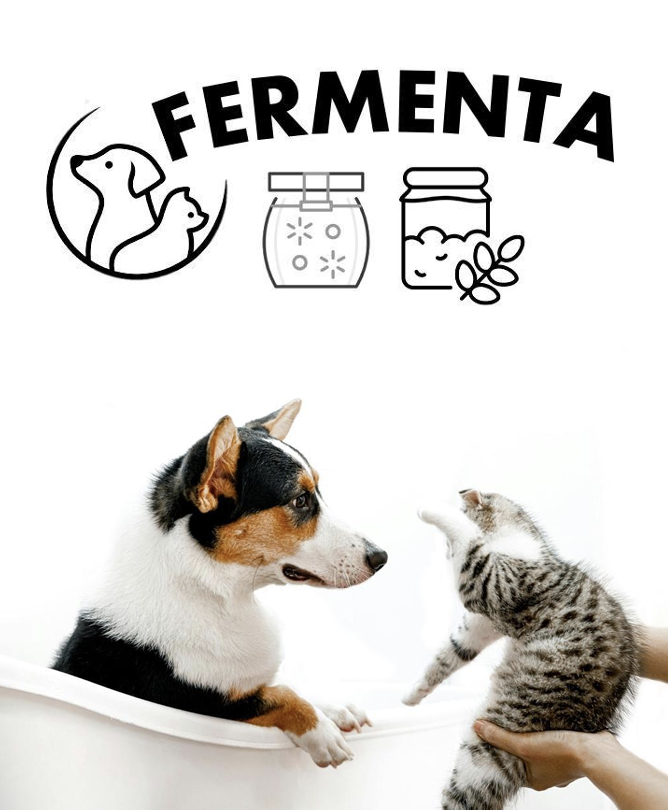Projects
Using Fermentation to Produce Sustainable Alternatives to Antibiotics

DOI: 10.62658/FAZER/ILIND/IMVET/1/2024
ILIND
I-MVET
Ana Lima (I-MVET), Patricia Branco (BioRG)
BioRG Team: Patrícia Branco Catarina Roma-Rodrigues Elisabete Muchagato
Veterinary sciences, Biotechnology, Biochemistry, Food sciences, Nutrition
Antibiotic resistance poses a significant threat to public health, with the WHO warning that we are approaching a post-antibiotic era unless urgent action is taken. In Europe, antibiotic resistance is a growing concern, and its use in animals is a major contributor to the emergence and spread of resistant bacteria, also posing a risk to human health through foodborne transmission and environmental contamination. Therefore, finding alternatives to antibiotics is imperative for long-term sustainability
Based on promising preliminary findings, our proposal aims to use fermentation techniques to enhance the antimicrobial activity of phenolic compounds in animal feeds, to develop a functional feed that can be used as an effective and sustainable alternative for in-feed antibiotics.
Our main goal will be to produce a functional supplement that can serve as an alternative to antibiotics. Building upon our experience and recent discoverie, we will start by using Opuntia cladodes for the FFA, although other feeds such as pulses and pomaces will be tested. Our main focus will be the on infectious diseases common to companion animals, such as gastrointestinal diseases, urinary infections and also otitis.
Using a multidisciplinary approach, we will have the following specific objectives:
- Development of a fermentation process to produce a functional feed with potent antibacterial activities that is up-scalable, bioavailable, and resistant to digestion (FFA)
- Evaluation of the antibacterial activities of the FFA and determining which species and which infections they will be more suitable for.
- Identification and characterization of the antimicrobial compounds responsible for the bioactivity and understanding their alterations during fermentation
- Validation of the FFA as novel functional feed, concerning its nutritional features, shelf life, bioactivity, stability, and bioavailability
- Evaluate the novel feed additives in vitro, in models of digestion and disease, (with cell and organoid cultures of cats and dogs), while also evaluating potential toxicity and dose responses
- Validate the novel feed additives in pilot animal clinical trials, selecting clinical cases with the infections where the highest activity was observed. Animal health parameters will be monitored, naturally including infection and inflammation levels, and the overall development of the respective disease, but also the gut microbiota composition, and digestion.
